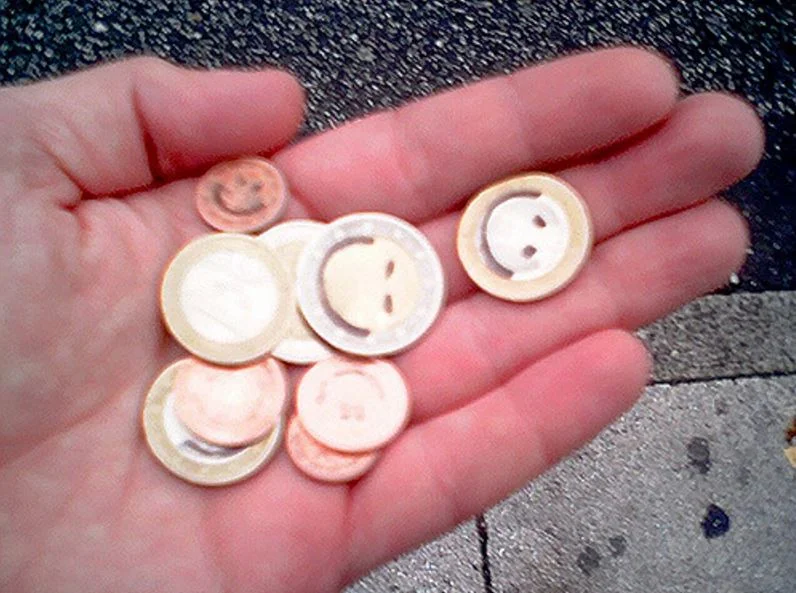By Jerry Mooney
There is a secret within us that typically takes a great deal of unraveling to discover. I’ll just blurt it out though, not that anybody will listen, but here it is. Happiness is the only achievement. Money, fame and power are attempts to acquire happiness, but their ironic result is generally the opposite: misery. Why is this? Because we confuse desire with happiness and expect that fulfilling our desires will make us happy. But, there is no path to happiness, happiness is the path.
This idea can be upsetting, because we operate as if happiness is the result of achievement. When we accomplish something awesome, we feel great. But this feeling is fleeting. Simultaneously, accomplishing nothing in a world rewarding achievement can trigger depression and low self esteem.
So happiness is tricky. It is found internally, but there are many reasons to not look inward. To start with, it is too abstract if you are suffering physically. We need food, water and shelter before we can begin to grapple with ideas beyond survival. This is not a commentary on implications of raising the minimum wage or whether or not a rich man can enter heaven. This is merely an understanding that feeling hungry, thirsty and physically at risk because you don’t have the basics removes your focus from a path of happiness to a path of survival.
Typically, however, once our basic survival has been secured, there is still a lot of stress and struggle to free our minds to happiness until, at least in our western culture, we achieve some success. Studies, data and observations have indexed all of the variables and come up with these few things. There is a sweet spot with income. It is $75,000 a year in the US. Reported levels of happiness trends up the fastest with income to that point. After that, happiness and income start to drift apart. While happiness still goes up with income for a while, it doesn’t go up nearly as fast as before that $75,000 mark.
$75,000 a year also correlates with the happiness and health of your children. Lower than $75,000 can indicate struggle and a reduced focus on them while over $75,000 can lead to spoiled children, also with a reduced focus on them while the parents focus on careers and earnings. Poor families spend so much time trying to survive that children suffer from a lack of attention and incorporate philosophies founded on scarcity and being alone. Children of wealthy families also commonly feel neglected by the fact that so much attention is placed on maintaining wealth, while the parent’s attempts to assuage their guilt with gifts leads to spoiled and dysfunctional children.
Now when we look at our society and recognize that wages have remained stagnant over that several years, and that there is a diminishing return as far as what more money can do for us, we must ask the question, why are we operating this way? It is true that our pursuit of happiness is personal and it is true that money can’t buy happiness. But it is also true that we must create the conditions where happiness has the chance to develop. And as a society it is difficult to witness others suffer when our personal goal is happiness.
Photo courtesy of Flickr, under Creative Commons Attribution-Noncommercial license
Jerry Mooney is co-founder and managing editor of Zenruption and the author of History Yoghurt and the Moon. He studied at the University of Munich and Lewis and Clark College where he received his BA in International Affairs and West European Studies. He has recently taught Language and Communications at a small, private college and owned various businesses, including an investment company that made him a millionaire before the age of 40. Jerry is committed to zenrupting the forces that block social, political and economic justice. He can also be found on Twitter@JerryMooney hap


